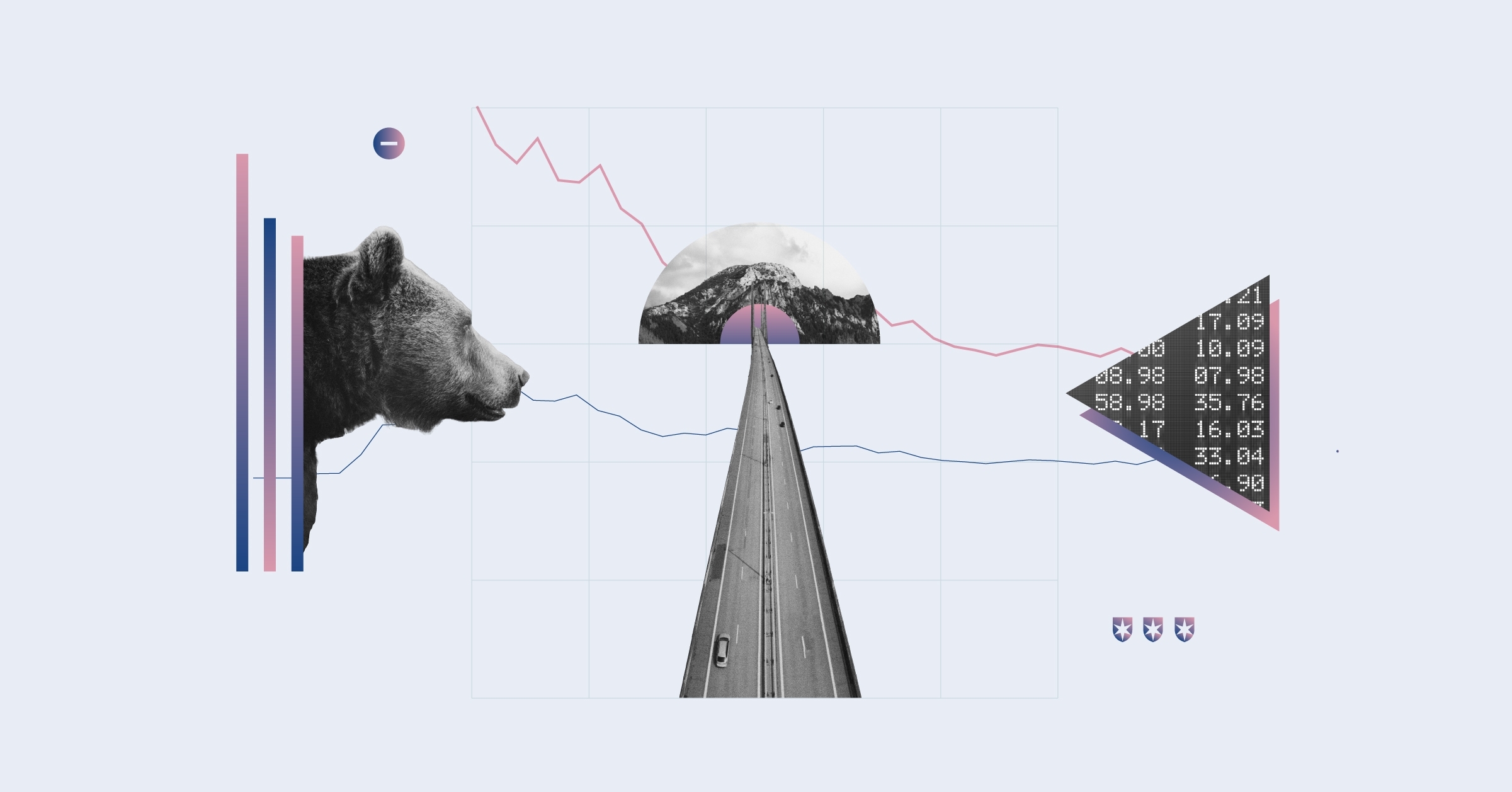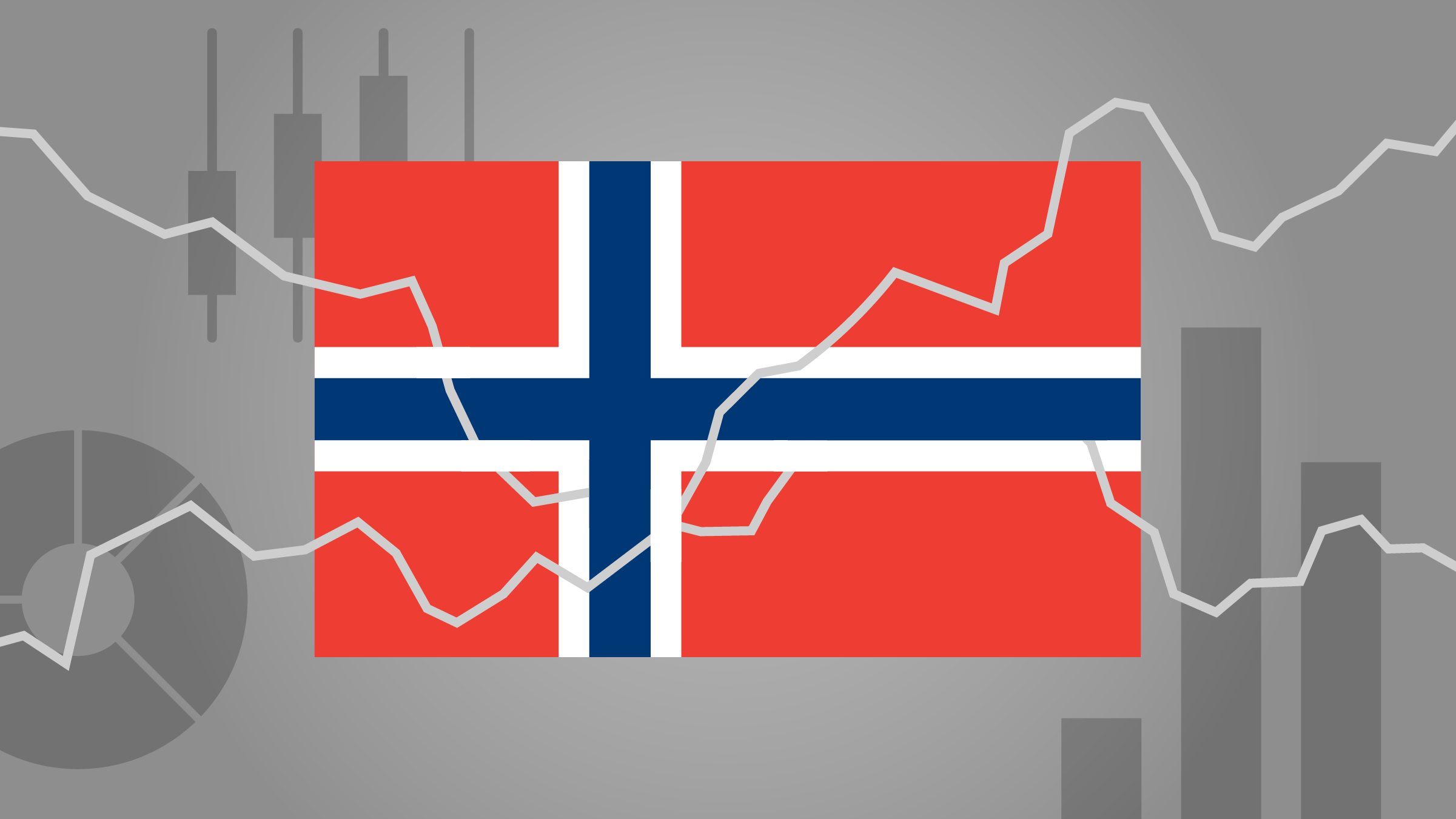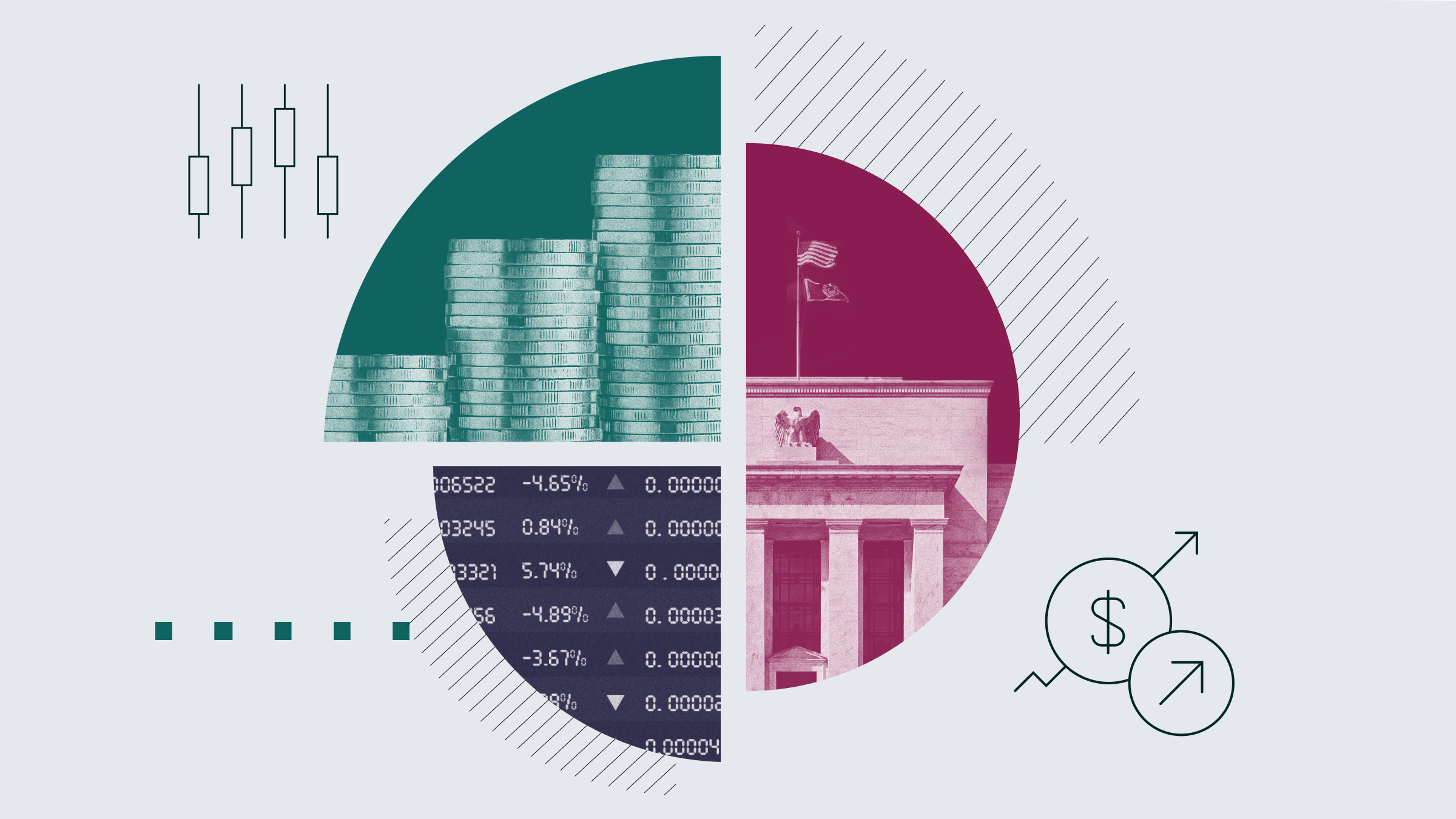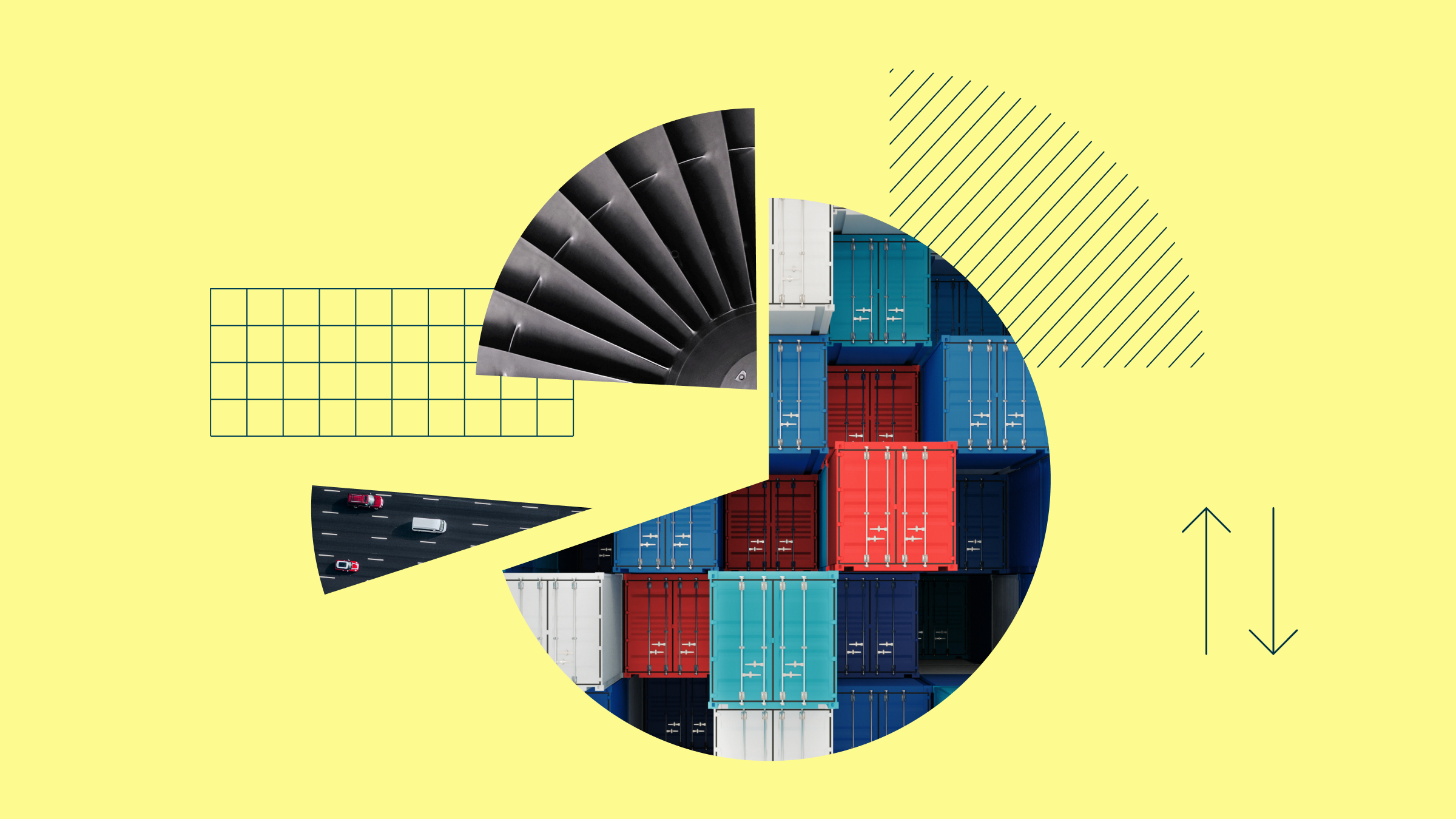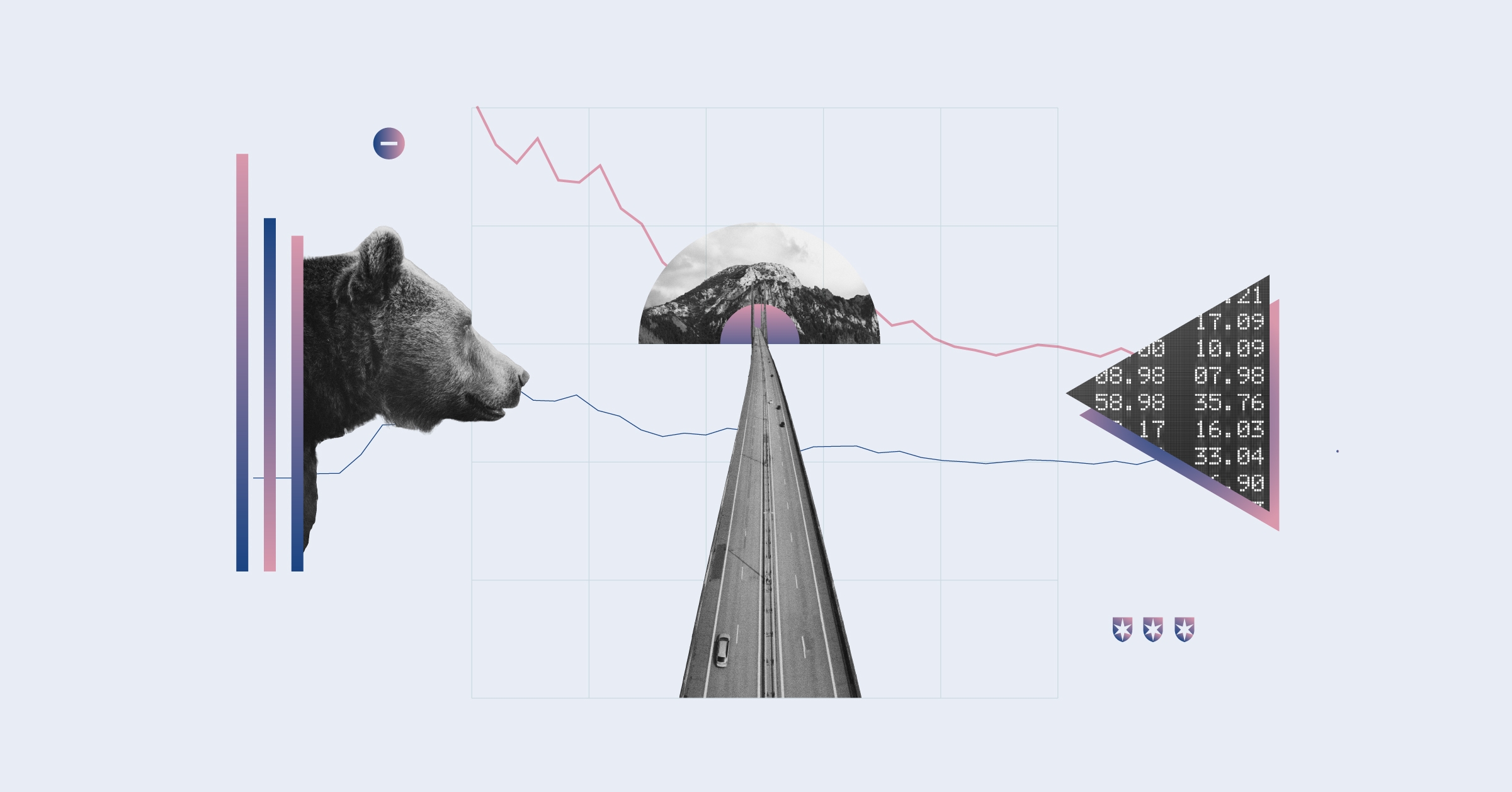Christine Benz: Hi. I'm Christine Benz for Morningstar.com.
I recently attended the annual Bogleheads Conference, where I had the opportunity to sit down with Vanguard founder Jack Bogle. We discussed the current market environment and trends in indexing, among other topics.
Benz: Last night the Congress resolved the debt ceiling impasse, but just for a few months. Does it seem to you that we will just lurch from crisis to crisis? I'd like to talk about what the impact is, in your mind, for investors.
Jack Bogle: It's pretty obvious that we are now just setting ourselves up for the next crisis. On the other hand, maybe, just maybe, our less-than-statesmen-like politicians will have gotten the message here, which is, what is the point of what we've gone through? What is the point in trying to hold the administration and the President hostage to a few people's ideas about what must be done--and in this case, Obamacare. It's just not a good way to run the country. And they lost finally--the people who took that position--finally lost.
Now you can learn from your losses; you should learn more from your losses than your victories. … This is probably more optimistic than I ought to be, but maybe you can bring some order out of the chaos, just because we've gone through this experience. I hope so.
Benz: I know that you generally believe that most investors should try to tune out this sort of noise in relation to their portfolios, but we're at a juncture right now where stocks don't appear especially cheap, bonds don't appear especially attractive.
Let's start with stocks. I'd like to hear your thoughts on how investors should be thinking about their equity portfolios, given that we've had a tremendous runup in stock prices.
Bogle: Well, we have had a wonderful runup--no question about that--but it's been pretty much so far because corporate earnings have been maintained at such a good level.
There's a lot of cheating going on, if I may say so Christine, in calculating price/earnings multiples. The traditional way of looking at them was your reported earnings in the last 12 months relative to the current price. And those reported earnings, of course, all those bad things have happened in them--so-called non-recurring things, write-offs, bad decisions that were made in the past. And that's obviously what earnings really are. If you make a bad decision, it's got to come through the P&L somewhere along the way.
So past 12 months reported earnings [was traditionally used in calculating P/E], and yet Wall Street looks at the next 12 months of operating earnings--operating earnings without all those bad things. So is the P/E maybe 20 or 21, or is it 14 or 15 depending on which you're using. The truth is, and probably a reasonable way of looking at it, it's probably somewhere in the middle. That's not usually the way I feel about things. So I'd say there is not much sign of excessive valuation.
Corporate profits are very high relative to GDP, actually higher than they have ever been in the recorded history of the great nation. So, I don't think we can expect them to grow anymore. So, I'd look for some softness there. But not a lot of danger …
Benz: At current valuations you think...
Bogle: Put it this way: a 2% dividend yield, which is roughly where we are today, and possibly--maybe a little optimistically--5% earnings growth from here; that would be a 7% what I'll call investment return, a fundamental return--the real return, not real in the inflation sense, but the actual return earned by Corporate America. And that looks to be around 7%; it could be point or two more.
I don't look for speculative return, which is will that P/E go way up or way down. I can't imagine it going away up. I think it is unlikely it will go way down. It will probably not impose a big burden on that basically fundamental earnings or investment earnings, investment return.
7% is pretty good. You double your money in a decade. Think about this for a minute: That's not a very high real return. By the time this decade over, we'll probably be around a 2% inflation rate, if we are lucky. Maybe all hell is going to break lose, with all this purchasing by the Fed of the securities. But [assuming 2% inflation], that would be a 5% real return, and that's about a point lower than the long-term norm. Fine, the long-term norm has never been guaranteed.
Bonds I have kind of mixed emotions. I'd say, first, you have to have some bonds in your portfolio--if only for your peace of mind. It is probably not a good idea, not a good idea investment-wise, to have a bond position, because we know pretty much what those returns will be. Now that interest rates have come back up a little bit from their unbelievable lows, set probably six months ago, maybe that 10-year Treasury bill has gone from 1.5% or 1.6% to pretty close to 3%. That's a big improvement in the future return on a bond. But you have to accept that lower [bond] return, and maybe a corporate/government mix of bonds can give you a 3% return. That will grow by, say, 40% over the next 10 years.
So, those are suppositions. They are estimates. They're what I call reasonable expectations. So, the bonds are there to protect you from bad behavior--bad investor behavior--because when the market goes down 20% or 30% or 40%, which is … I won't say it's certain, but highly likely in the next 10 years. The markets do these things. They go up too high and then they come back. So, it protects you from making a bad investment mistake and panicking when stocks go down, and you're all in stocks. So, it’s a behavioral thing more than anything else.
I'd stick with what I call the tried-and-true: 60%-65% in equities and 40% or 35% in bonds, but with some consideration given to your age. If you're older, more on the bonds side, and if you're younger, much more on the stock side.






